Home Buyer Guide
Buying a home is a big deal! Oftentimes people rush into homeownership without thinking
about what it entails. Most people do so because they feel it makes more sense to pay a
mortgage as opposed to renting. It’s true that homeownership is a great long-term financial
move, but you must be financially ready to become a homeowner.
So with that in mind, let’s take a look at a number of strategies to help find the right home for
you and your family.
#1: SET YOUR GOAL TO OWN A HOME
Make the decision that you are going to become a homeowner in the next 90 days, 6 months or
year. Understand that in addition to the financial obligations of home ownership (mortgage
payment, property taxes, utility bills, etc.), you will be responsible for such things as home
repairs and updates, regular maintenance of heating and cooling systems, plumbing repairs,
electric, appliance repair and replacement, and the list goes on.
The payoff for taking on the responsibilities of homeownership includes greater privacy, stable
monthly payments, and growing equity along with appreciation of the asset. There are also
sometimes tax advantages of owning a home.
Once you are in a position to accept the responsibilities and commitment of home ownership,
you are ready to take the first steps toward buying a home!


#2: Check and Improve Your Credit Score
While purchasing a home in cash would be the homeownership’s best-case scenario, for the
vast majority of home buyers, they will need a mortgage loan.
In order to qualify for a mortgage, you must be able to prove your ability to repay your loan. To
do so, you need to have a good credit rating, a stable job, a sizable amount of cash to make an
initial down payment as well as a number of other requirements.
Out of all of those requirements, your credit score is one of the most important factors that
lenders will consider when you apply for a mortgage. Most mortgage loans require a minimum
credit score of 620, and the higher your score, the better your interest rate and terms will be.
Getting a copy of your credit report should be your first step. You can get a free copy of your
credit report by going to www.annualcreditreport.com. Although there are a number of websites
that offer “free” credit reports, annual credit report.com is the only website authorized by the
Federal Trade Commission to provide free credit reports.
As you go through your credit report, analyze it carefully and see if you can spot any mistakes. If
you do, you’ll have the option to dispute those mistakes, which would improve your overall
score.
#3: Pay Down Debt and Save up an Emergency Fund
Beyond your credit score, mortgage lenders use a metric called the Debt to Income (DTI) ratio.
This metric measures your ability to manage your monthly payments, and repay your debts.
As a general rule, lenders prefer a DTI lower than 36%, with no more of that amount going
towards housing expenses.While the maximum DTI varies from lender to lender, the lower it is,
the better the chance that you’ll get qualified for a mortgage.
So in order to improve your chances of getting your mortgage approved, pay down as much of
your current debt as possible.
Next, start building an emergency fund. Life is uncertain, and you never know what’s going to
happen. From job loss to sickness, it’s always best to be prepared. Build up an emergency fund
that’s large enough to support you and your family for at least 3 months.
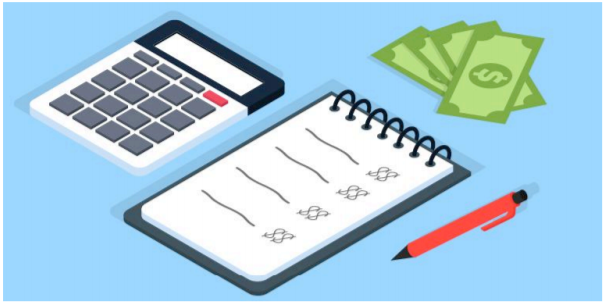
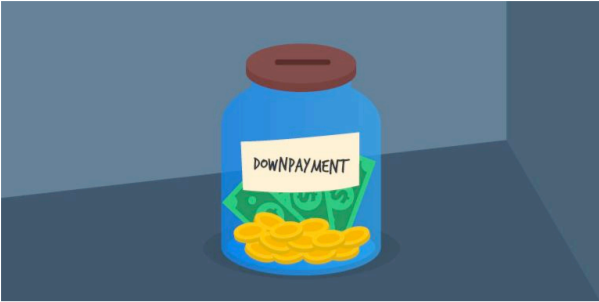
#4: Save Up For a Downpayment
While it’s possible to get mortgages that require a downpayment in the low single-digits such as
FHA Loans and VA Loans, you need to save at least $6,000.00 for a downpayment and closing
costs, in addition to having an emergency fund saved (also called “reserves”). You would get
more favorable terms by putting down at least 20%, but for many people that amount of down
payment is out of your reach.
#5: Get Pre-approved For a Mortgage
Knowing what you can afford is critical so the next step is to get pre-approved for a mortgage
loan. Local banks, credit unions and mortgage brokers can help you find the best possible
mortgage for your needs. To get pre-approved, the financial institution will need to verify your
financial information (proof of income, taxes, bank statements, etc.)
Not only does a pre-approval give you peace of mind as you tour properties, but some home
sellers request proof of your ability to pay before they give approval for you to tour their home,
and when you make an offer, it shows that you’re financially capable of purchasing the home.
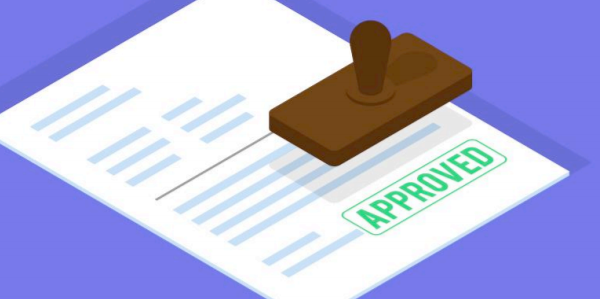

#6: Find the Right Realtor
Your Realtor is there to be your advocate. She will discuss the type of home you’re looking for,
including location, type, number of bedrooms and bathrooms, whether a basement and/or
garage are wanted or not, then help you find the home you want. She will walk you through all
the important steps of the transaction, negotiate and communicate with other people on your
behalf, help you avoid common pitfalls that home buyers may stumble upon in order to keep the
transaction running as smoothly as possible.
Realtors must adhere to a Code of Ethics which is based on professionalism and protection of
the public. This code reflect principles of honesty, competency, and fair dealings to all clients
and customers, and the number one objective is to protect the best interests of their client.
To find a great Realtor, start by asking your family and friends whom they recommend, and
search for online for the best agents in your area or where you plan to move. Look for an agent
who has at least two years of full-time real estate experience. Check for online reviews on
Google and Zillow. Talk with agents and ask questions about their experience helping buyers
and sellers in their markets.
Chemistry also matters with home sales. Keep in mind that you will be communicating with your
agent for (potentially) several months as you search for a home, submit an offer, and go through
the buying process. As with most relationship-based decisions, your goal is to feel a strong
comfort level. If you find an agent you like who gives you realistic answers to the questions you
asked, and if you believe that is someone you can trust, you’re likely on the right track.
#7: Search For Homes
This is the fun part! Once you and your agent know your price range and choice of
neighborhoods, they will then use all the property search tools at their disposal (MLS, network
contacts, pocket listings, for sale by owners, etc.) to find a number of homes that meet your
requirements. Your agent will schedule showings and help you find the perfect home.
While searching for homes, your Realtor will keep an eye out for red flags such as structural
issues, water stains and moldy smells, random fresh paint that seems out of place (spot painting
could indicate that defects are being hidden), amateur workmanship and pest or insect problems.
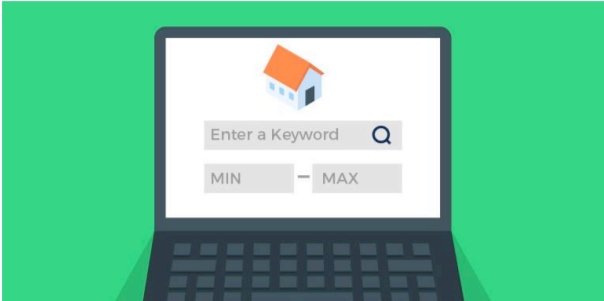
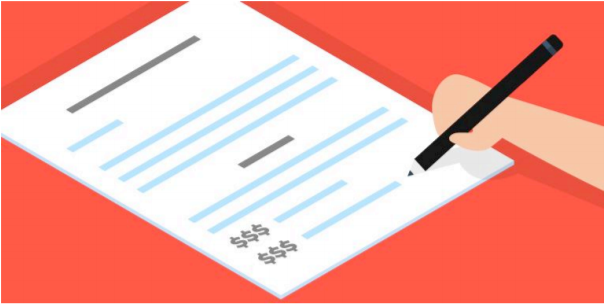
#8: Make a Competitive Offer
Once you find the right home, you need to work alongside your agent to make the most
competitive offer as possible. Your real estate agent will inform you of all of your options and
responsibilities related to the contract, then will prepare and submit the offer based on the price
and terms you choose. Negotiating the sales price and terms with a Seller may take a few tries
to get it just right until the offer is accepted and you are under contract!
#9: Home Inspection and Appraisal
After your offer is accepted and you are under contract, it is highly recommended that you hire a
professional home inspector to conduct a thorough inspection. The inspection will include
plumbing and electric systems, heating and air systems, foundation, roof and attic, ventilation
and general structure. We recommend that you be present during the home inspection so that
you will clearly understand the inspector’s report and know exactly which areas need attention.
The Seller may be willing to make some repairs at their expense, or may offer you a credit to
repair some items yourself after the closing. An appraisal will then be ordered by your lender to
determine the current value of the home. Any variation from the listing price may be discussed
with you and the sellers to determine next steps.


#9: Home Inspection and Appraisal
To help the entire closing process to go smoothly, you need to know what to expect when
closing on a house. The closing process can take anywhere from 30 to 45 days. Lenders will
request additional bank statements, paycheck stubs and other documentation of income, re-
check your credit and verify employment to make sure you’re still able to handle your
repayment. Many times the loan processors will ask questions about deposits or withdrawals,
credit inquiries, or variations of paycheck amounts which will require letters of explanation and
documentation.
It is imperative that you not change jobs or quit your job. Do not acquire new debt or originate
any new inquiries on your credit report. If you make a big purchase on credit or take out a new
loan, you could end up delaying or cancelling your loan altogether. Do not change bank
accounts or make large deposits without first checking with your loan officer. Finally, don’t
spend money you have set aside for your down payment or reserves.
Stay put financially until …….
Closing Day!
Homeownership is always an exciting prospect, especially as you get closer and closer towards
making it happen! The focus of Twin Spires Realty is to get the job done to your complete
satisfaction. We are prepared to guide you through every phase of the home buying process.
Give us a call, email or visit our website to start your journey!
